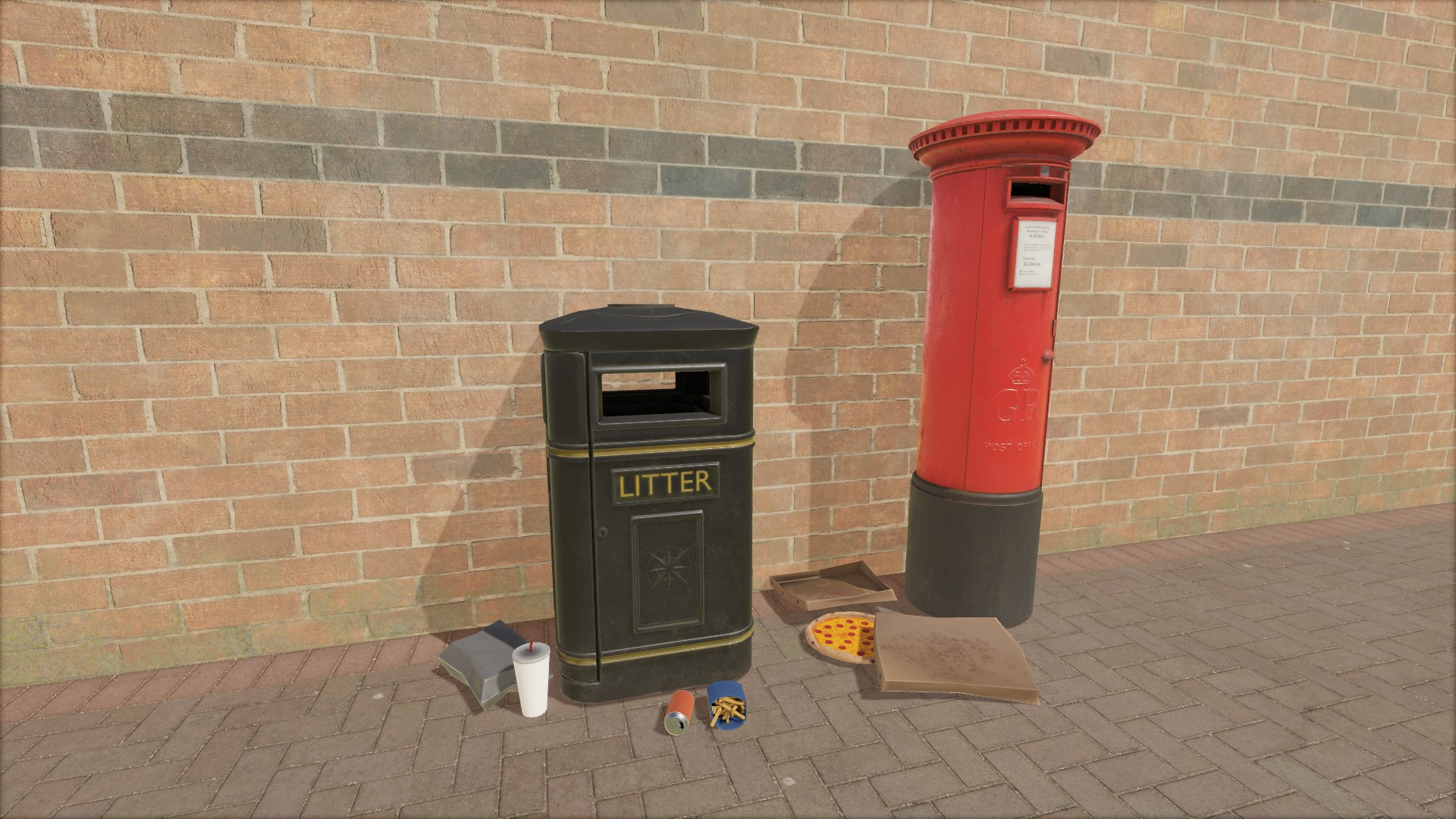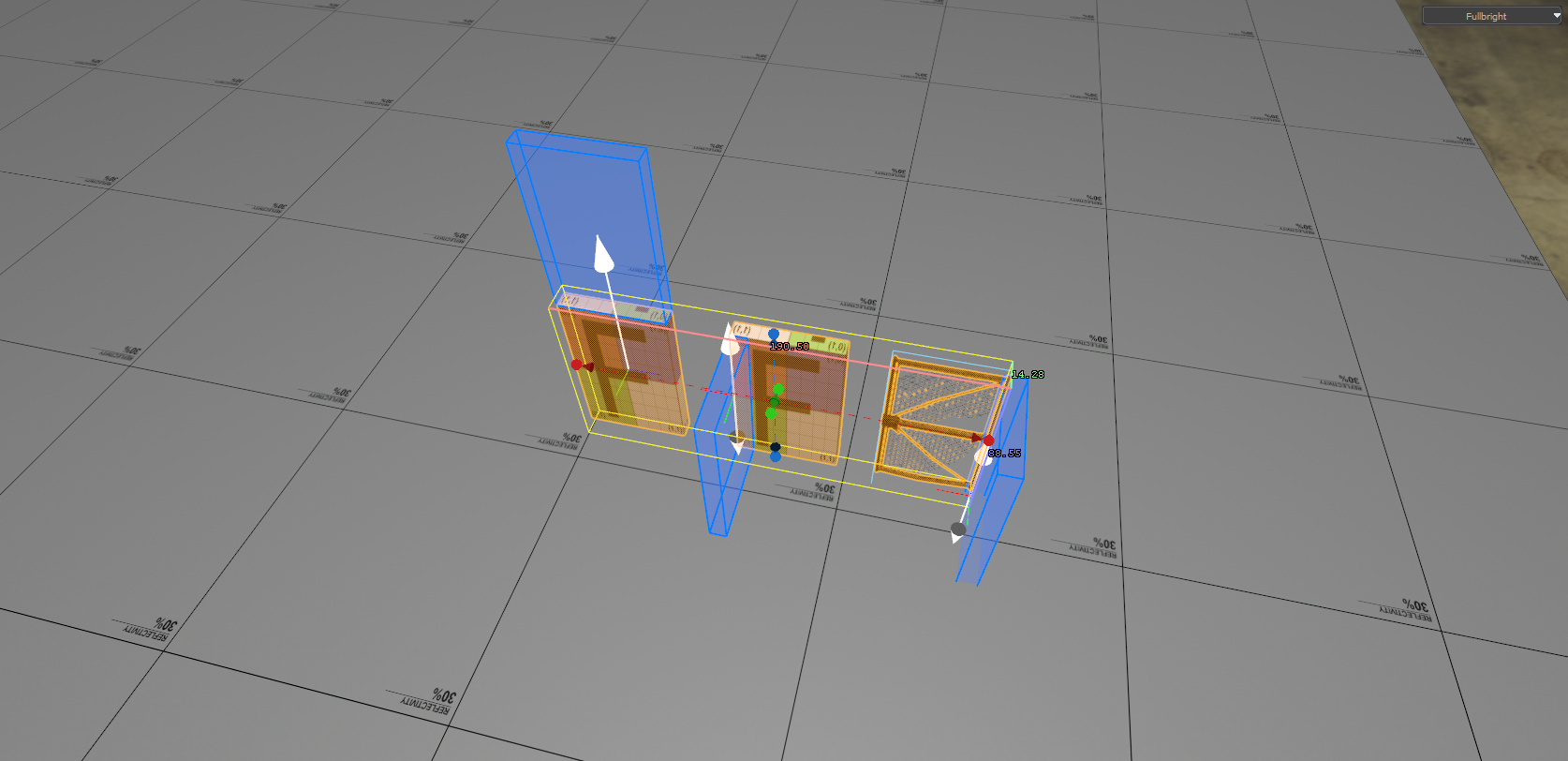garry
4 years ago
#1
August 2021 : news/aug2021

 attribute 'contenteditable' not allowedattribute 'blocktype' not allowed
attribute 'contenteditable' not allowedattribute 'blocktype' not allowed attribute 'contenteditable' not allowedattribute 'blocktype' not allowed
attribute 'contenteditable' not allowedattribute 'blocktype' not allowed attribute 'contenteditable' not allowedattribute 'blocktype' not allowed
attribute 'contenteditable' not allowedattribute 'blocktype' not allowed attribute 'blocktype' not allowedattribute 'data-image-style' not allowedattribute 'title' not allowedattribute 'contenteditable' not allowed
attribute 'blocktype' not allowedattribute 'data-image-style' not allowedattribute 'title' not allowedattribute 'contenteditable' not allowed attribute 'contenteditable' not allowedattribute 'blocktype' not allowed
attribute 'contenteditable' not allowedattribute 'blocktype' not allowed 1
1 attribute 'contenteditable' not allowedattribute 'blocktype' not allowed
attribute 'contenteditable' not allowedattribute 'blocktype' not allowed Our intention is to eventually allow coders to add their own Helpers and Tools to Hammer - but that's a while away.
Our intention is to eventually allow coders to add their own Helpers and Tools to Hammer - but that's a while away. attribute 'contenteditable' not allowedattribute 'blocktype' not allowed
attribute 'contenteditable' not allowedattribute 'blocktype' not allowed attribute 'contenteditable' not allowedattribute 'blocktype' not allowed
attribute 'contenteditable' not allowedattribute 'blocktype' not allowed